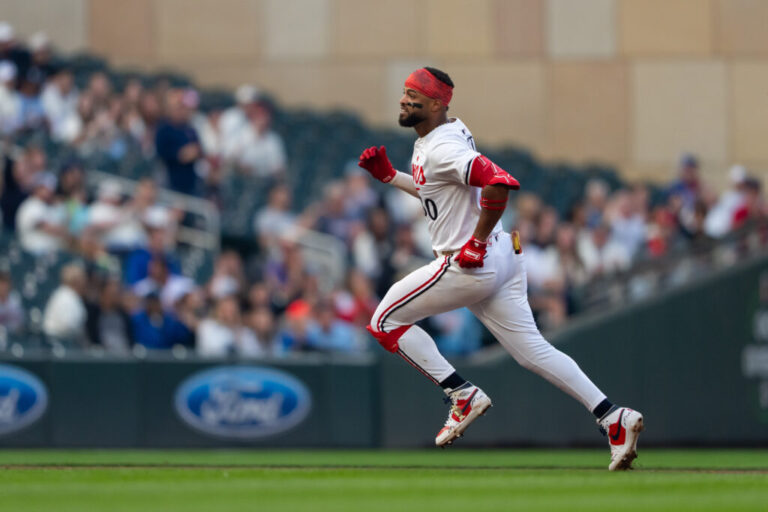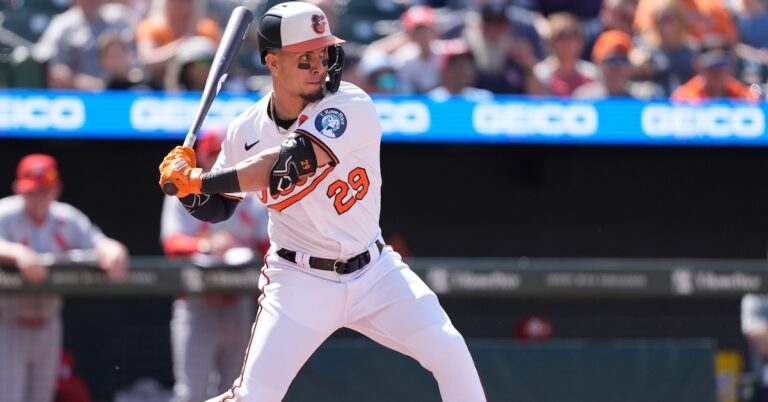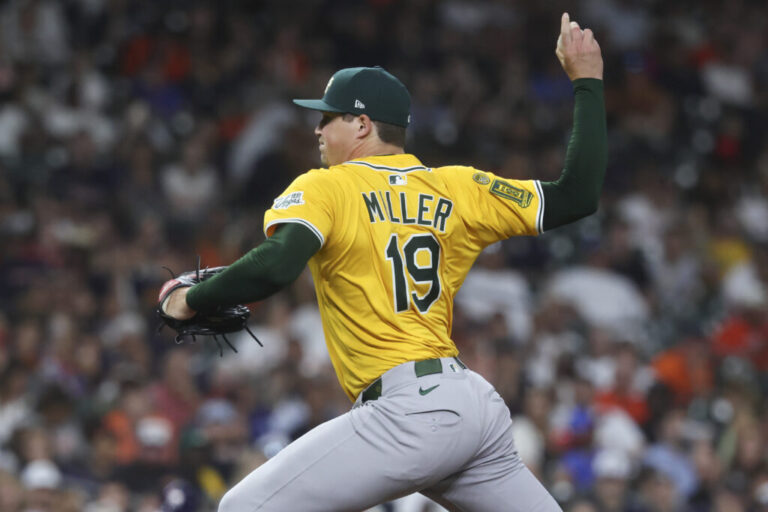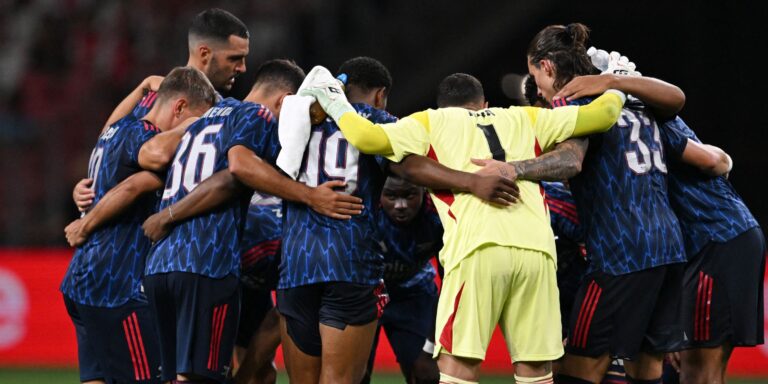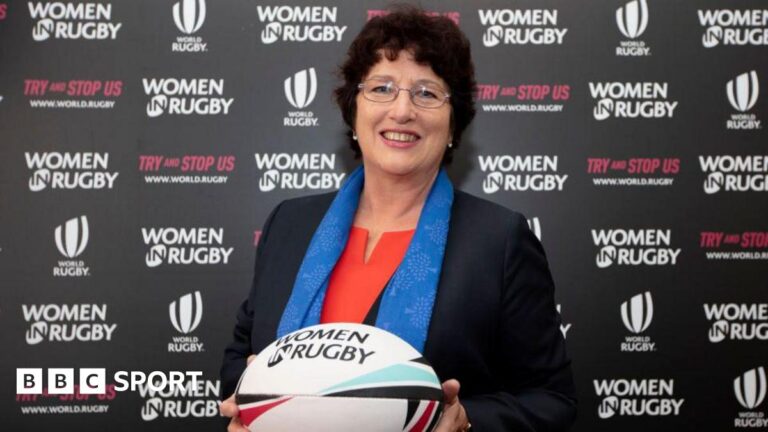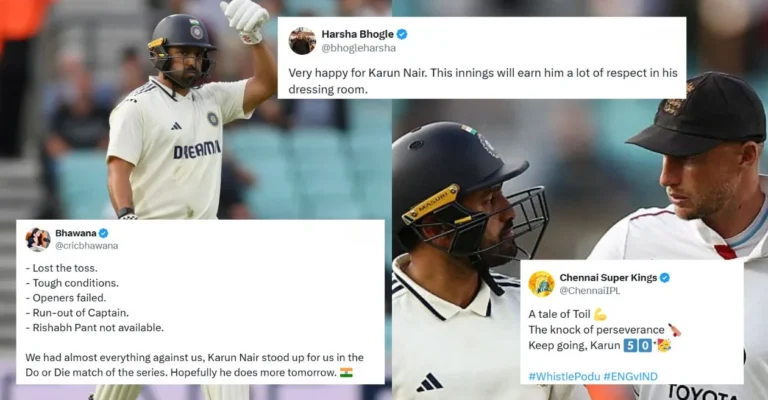
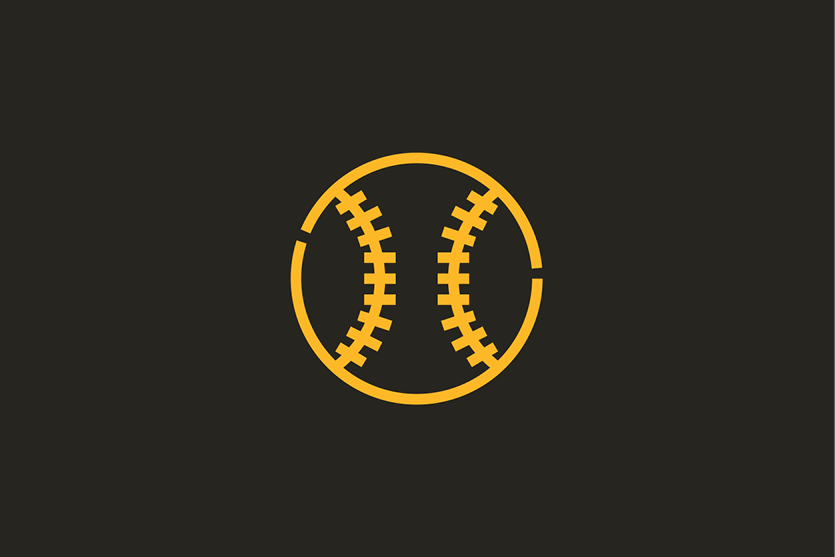
Successive editions of this newsletter are counting down the 50 greatest ballclubs of all time — a/k/a the Best 50 — as ranked by my new book, Baseball’s Best (and Worst) Teams. Today’s entry focuses on No. 20, the 1971 Pittsburgh Pirates.
Here’s a quick boilerplate explanation that I’m appending to every story in this series:
I compiled the Best 50 by analyzing 2,544 major-league teams from 1903 to 2024. Those clubs have been ranked by their team scores (TS), which are plotted on a 100-point scale. (A given club’s all-time percentile is the percentage of the other 2,543 teams that it outperformed.)
See my book for an explanation of my TS calculations. The book also offers separate breakdowns of the best and worst clubs for every decade and franchise, comprehensive profiles of the Best 50 (including position-by-position lineups and much more information than you’ll find in this newsletter), and similar summaries of the 10 worst teams of all time.
Now on to today’s profile.
-
Team: 1971 Pittsburgh Pirates
-
Team score: 88.399 points
-
All-time rank: 20 of 2,544
-
All-time percentile: 99.25%
-
Season record: 97-65 (.599)
-
Season position: First place in National League East
-
Final status: World champion
The Pirates engaged in a spirited race with the Cardinals and Mets during the initial half of 1971. The other two clubs shared first place in the National League East as late as June 9, with Pittsburgh a half-game back. The Pirates subsequently pushed ahead, though their lead remained small — just four games — on Independence Day.
That’s when the streak started. The Pirates reeled off 11 straight victories from July 5 through July 18, pummeling their opponents by a combined score of 68-23. Their divisional lead ballooned to 11 games. “This thing isn’t over yet,” said Pittsburgh manager Danny Murtaugh. “But I do feel that we have shown that we are the club to beat.”
Left fielder Willie Stargell headlined the league’s most powerful batting order. He drew national attention by smacking his 30th home run on July 10, though he cooled thereafter and finished with 48. The Pirates also slowed, yet they still won the NL East by seven games.
Get the complete lowdown on the 50 greatest (and 10 weakest) clubs of all time
The Pirates had failed miserably in the previous year’s National League Championship Series, losing three straight to Cincinnati. But they roared back to life in the 1971 NLCS. Pittsburgh smashed eight homers — four by first baseman Bob Robertson — and subdued the Giants in four games.
The World Series was a back-and-forth affair. Baltimore won the first two games, the Pirates rebounded to take three straight, and the Orioles prevailed in Game Six. Roberto Clemente’s homer staked the Pirates to a lead in the do-or-die finale, and starter Steve Blass tossed a four-hitter to secure Pittsburgh’s 2-1 victory.
Danny Murtaugh relied on Blass to complete the game, despite the nail-biting circumstances. “Not one trip to the mound,” said Blass. “How about that in a 2-1 seventh game? I loved him.”
A new installment will arrive in your email each Tuesday and Friday morning
The Pirates fielded three future Hall of Famers in 1971, though Bill Mazeroski and Willie Stargell willingly deferred to the club’s acknowledged superstar, right fielder Roberto Clemente.
“There are no flaws in Clemente’s game,” Mazeroski said reverently. Stargell walked up to Clemente prior to the announcement of the 1971 World Series MVP. The winner would receive a new Dodge Charger. “Roberto, if you don’t get that car, I’ll buy you one myself,” Stargell said. Clemente’s name was soon called.
His .341 batting average was the fourth-best in the National League, an especially impressive feat because Clemente was 37 years old. “There’s the old man out there busting his ass on every play and every game,” said reserve outfielder Gene Clines. “Look, I’m 25. If he can play like that, shouldn’t I?”
A second everyday player exceeded .300, catcher Manny Sanguillen at .319. Stargell came close at .295, though power was his primary attribute. He led the National League with 48 homers and finished second with 125 runs batted in. “He didn’t just hit pitchers,” said the Dodgers’ Don Sutton. “He took away their dignity.”
Pittsburgh’s batters were widely feared — the club racked up the best slugging average (.416) in the majors — but the pitchers weren’t of equal caliber. Dock Ellis sprinted to a 15-3 record by mid-July, though arm soreness limited his effectiveness thereafter. He finished with 19 victories. Steve Blass, who won 15 games, gloried in his relative anonymity. “I’m very happy,” he said, “to be a part of the Pittsburgh Pirates’ no-name pitching staff.”
